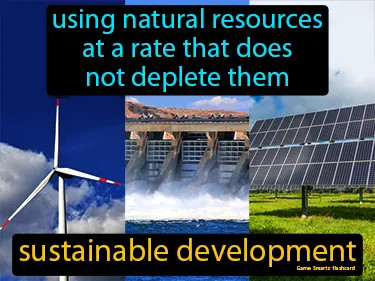The Developing World 1945-Present
History
agribusiness
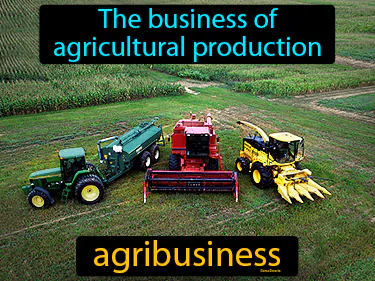
The business of agricultural production. Agribusiness. Agribusiness describes large-scale farming operations that include the production, processing, and distribution of agricultural goods.
contras
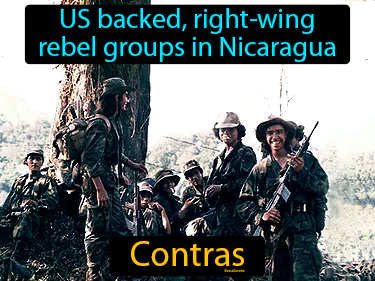
US backed, right-wing rebel groups in Nicaragua. Contras. The Contras were anti-communist rebels in Nicaragua who fought against the Sandinista government during the 1980s with support from the United States.
dalits
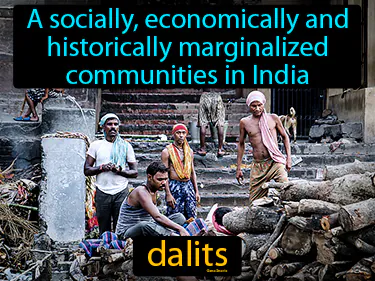
A socially, economically and historically marginalized communities in India. Dalits. Historically, Dalits were considered the lowest caste in the Indian caste system and faced severe discrimination.
Deng Xiaoping
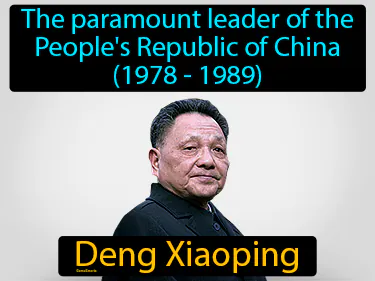
The paramount leader of the People's Republic of China 1978-1989. Deng Xiaoping. He was a Chinese leader who implemented economic reforms that opened China to the global market.
desertification
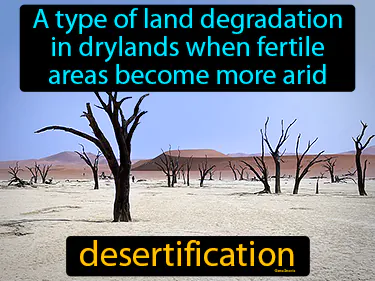
A type of land degradation in drylands when fertile areas become more arid. Desertification. In history, desertification has led to the decline of ancient civilizations by reducing their ability to grow food.
developing country
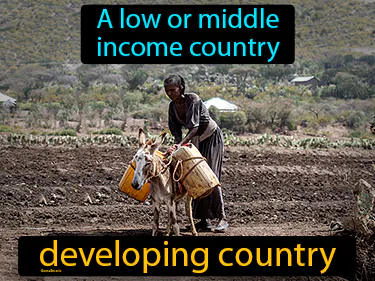
A low or middle income country. Developing country. A developing country is a nation that is in the process of industrialization and improving its economy and infrastructure.
development
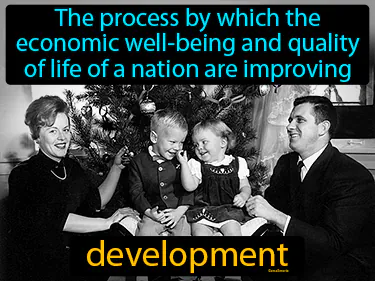
The process by which the economic well-being and quality of life of a nation are improving. Development. In History, development is how societies grow and improve over time.
endangered species
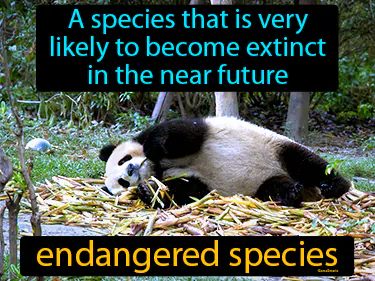
A species that is very likely to become extinct in the near future. Endangered species. Throughout history, changes in environment and human activities have threatened many animal populations, leading to their potential extinction.
fundamentalists
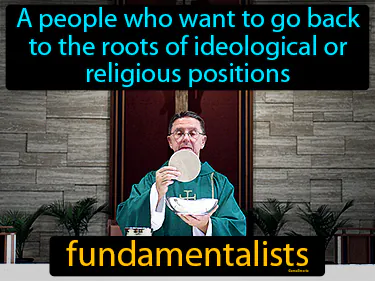
A people who want to go back to the roots of ideological or religious positions. Fundamentalists. In History, fundamentalists are groups or individuals who seek to return to the core principles of a belief system, often resisting modern interpretations.
Green Revolution

A set of research technology transfer that increased agricultural production worldwide. Green Revolution. The Green Revolution refers to a period in the mid-20th century when new agricultural techniques and high-yield crops dramatically boosted food production worldwide.
import substitution
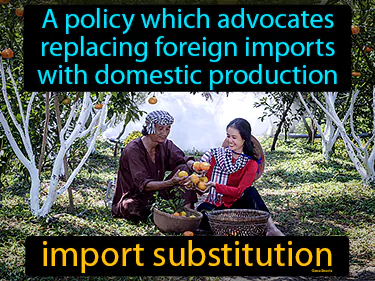
A policy which advocates replacing foreign imports with domestic production. Import substitution. Historically, import substitution refers to a strategy where countries focus on producing goods domestically to reduce reliance on foreign imports and boost their own economies.
indigenous
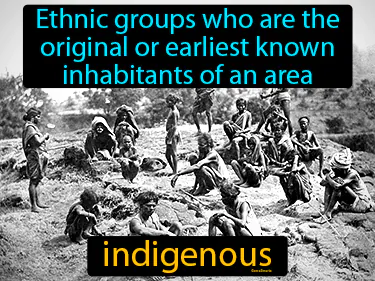
Ethnic groups who are the original or earliest known inhabitants of an area. Indigenous. Indigenous people are the original inhabitants of a region before colonization or outside influence.
Juan Peron
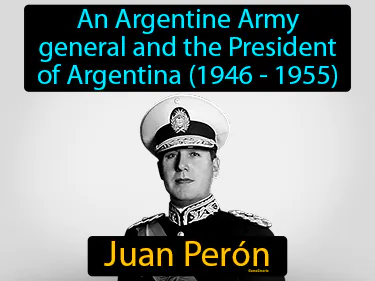
An Argentine Army general and the President of Argentina 1946 - 1955. Juan Pern was a populist leader known for his strong influence on Argentine politics and society.
Kolkata
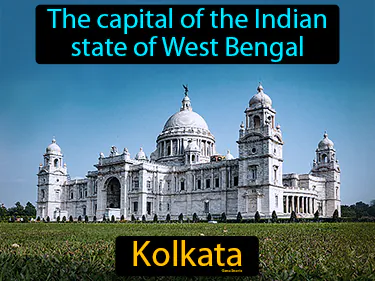
The capital of the Indian state of West Bengal. Kolkata. Kolkata is a historic city known for its cultural heritage and was once the capital of British India before New Delhi.
liberation theology
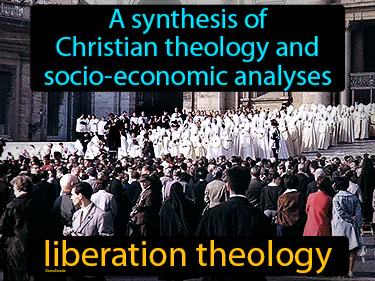
A synthesis of Christian theology and socio-economic analyses, liberation theology. Liberation theology is a movement that emerged in the 20th century, focusing on addressing social injustice and poverty through the teachings of Christianity.
literacy
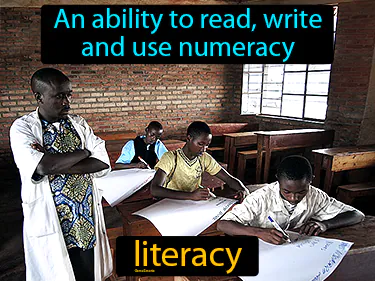
An ability to read, write and use numeracy. Literacy. Literacy is the ability to read and write, which allows people to record and understand historical events.
Mother Teresa
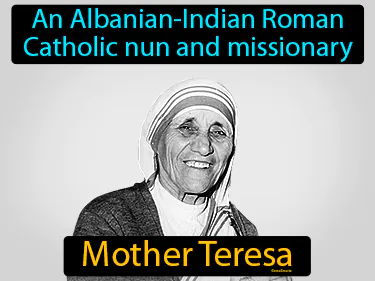
An Albanian-Indian Roman Catholic nun and missionary. Mother Teresa. She was a humanitarian known for her work with the poor and sick in Kolkata, India.
Mothers of the Plaza de Mayo
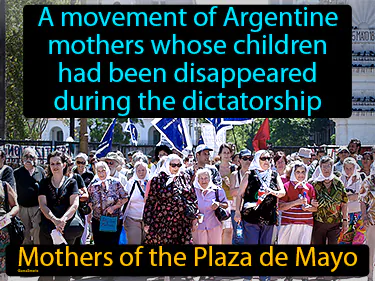
A movement of Argentine mothers whose children had been disappeared during the dictatorship. Mothers of the Plaza de Mayo. The Mothers of the Plaza de Mayo is a group that protests to demand justice and information about their missing children during Argentina's military dictatorship.
Mumbai
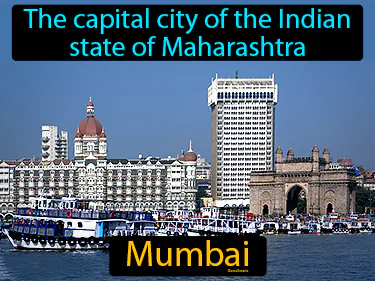
The capital city of the Indian state of Maharashtra. Mumbai. Mumbai is a historic port city that played a pivotal role in British colonial India.
one-child policy
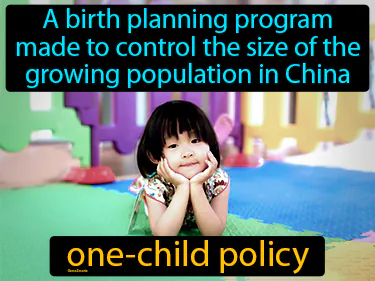
A birth planning program made to control the size of the growing population in China. One-child policy. In history, the one-child policy was a measure implemented by China to limit most families to having only one child, aiming to curb population growth.
Organization of American States
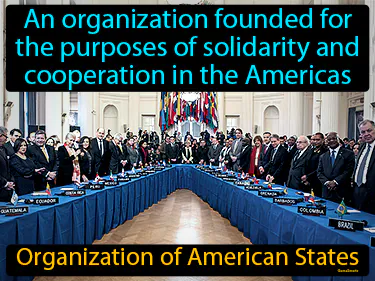
An organization founded for the purposes of solidarity and cooperation in the Americas. Organization of American States. The Organization of American States OAS was created to promote peace, security, and collaboration among countries in the Americas.
Sandinistas
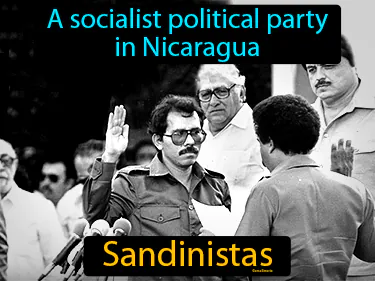
A socialist political party in Nicaragua. Sandinistas. The Sandinistas are a political group in Nicaragua that led a revolution against the Somoza dictatorship and established a socialist regime in the 1980s.
shantytown
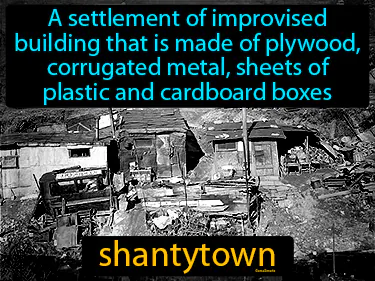
A settlement made of plywood, metal, plastic, and cardboard boxes. Shantytown. Shantytowns are makeshift communities often built by impoverished people, especially during times of economic hardship or displacement.
socialism
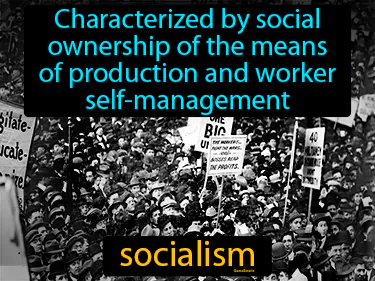
Characterized by social ownership of the means of production and worker self-management. Socialism. In a simple way, socialism is a system where the community, rather than individuals, owns and controls resources and industries.
Tiananmen Square
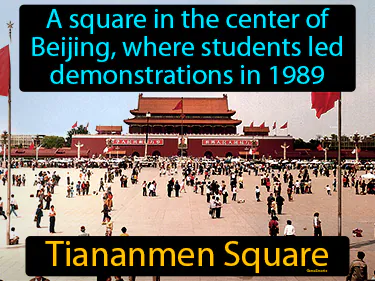
Square in the center of Beijing, where students led demonstrations in 1989. Tiananmen Square. It is a significant historical site where pro-democracy protests were violently suppressed by the Chinese government.
traditional economy
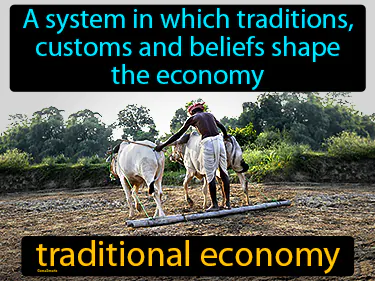
A system in which traditions, customs and beliefs shape the economy. Traditional economy. In history, a traditional economy is one where people rely on ancient methods and cultural practices to produce goods and services.
urbanization
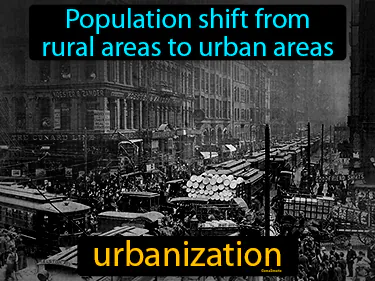
Population shift from rural areas to urban areas. Urbanization. Urbanization is the process where more people move to cities, often seen during the Industrial Revolution when jobs in factories attracted rural populations.
Wangari Maathai
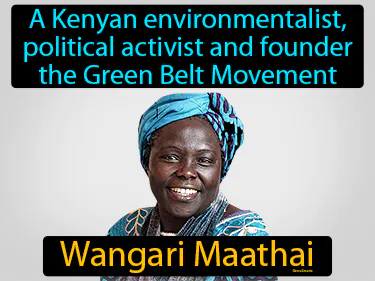
A Kenyan environmentalist, political activist, and founder of the Green Belt Movement. Wangari Maathai. She was the first African woman to win the Nobel Peace Prize for her efforts in sustainable development, democracy, and peace.
